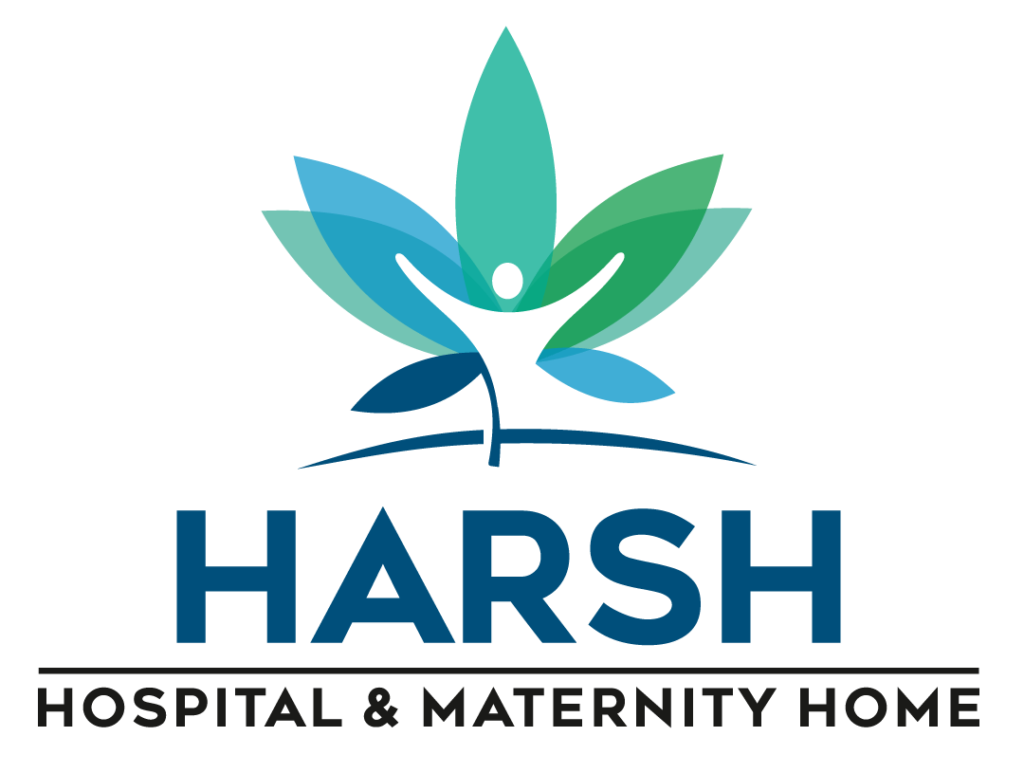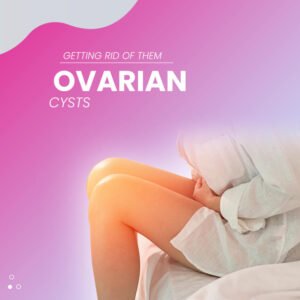If you feel some kind of discomfort and irritation around the tailbone area that had lasted for a very long time? If yes, you may be suffering from Pilonidal Sinus.
A pilonidal sinus (PNS) is a small hole or tunnel in the skin at the top of the buttocks, where they divide (the cleft). It may fill with fluid or pus, causing the formation of a cyst or abscess. The cleft at the top of the buttocks is where it develops. Hair, grit, and debris are frequently found in pilonidal cysts.
It can be extremely painful and frequently becomes infected. It could ooze pus and blood and have a bad stench if it gets infected. Pilonidal cysts most commonly occur in young men, and the problem has a tendency to recur. men are three to four times more likely to be diagnosed with a pilonidal cyst than women.
These cysts are usually caused by a skin infection and they often have ingrown hairs inside. During World War II, pilonidal cysts were often called “Jeep driver’s disease” because they’re more common in people who sit often.
Causes of Pilonidal Sinus
- Friction between the skin and tough body hair
- Being more hairy than usual
- Tight attire
- Riding a bicycle for a long time
- Spending a lot of time sitting
- Low personal hygiene
- overweight/obesity
Treatment for Pilonidal Sinus
Treating Pilonodail Sinus can sometimes be a tedious and troublesome task. Here are some Pilonodail Sinus treatments:
Conservative treatment
If your problem is discovered early on, you are not in significant pain, and there is no sign of inflammation, the anorectal doctor would most likely prescribe a broad-spectrum antibiotic. A large variety of bacteria can be treated using a broad-spectrum antibiotic.
It’s crucial to understand that while this won’t heal your sinuses, it will ease your pain and inflammation. Your doctor will advise that you undergo a follow-up exam, routinely shave the area or remove hair, and pay close attention to hygiene.
Incision & Drainage
This procedure relieves the signs and symptoms of an abscess or a pus-filled sinus. You will be given a local anesthesia before this treatment by your doctor. The abscess will subsequently be opened with a scalpel. Any hair, blood, or pus found inside the abscess will be cleaned away.
Your doctor will apply a sterile dressing to the wound and let it heal inside. The wound typically heals in four weeks (may vary on the severity of the wound), and many patients don’t need any additional care.
Phenol injection
Your physician will first provide a local anesthetic to you before this type of treatment. They will next inject phenol, an antibacterial chemical component, into the cyst. It might be necessary to repeat this process numerous times. The lesion will eventually become harder and close as a result of this treatment.
The rate of recurrence after this therapy is relatively high. In some circumstances, doctors choose surgery as the preferred treatment option.
Surgery
If you have a recurring PNS or if you have more than one sinus tract, your doctor will recommend laser surgery for Pilonidal Sinus also known as Laser pilonidoplasty.
If you have been looking for result-oriented treatment and quick recovery from the pilonidal sinus, Harsh Hospital & Maternity Home provides the best laser pilonidal sinus treatment in Surat.
Flap surgery – Various types of flap surgery may require if laser treatment is not suitable or failed.
Harsh Hospital & Maternity Home in Surat, Gujarat has successfully treated thousands of patients with a wide range of disorders over the years, including Pilonidal Sinus, Rectal Prolapse, Anal Fissure (Wadhiya), and Piles (Bawasir).
Dr.S.N.Baser is a well-qualified laser surgeon in Surat who has been spreading his skills and wonderful vision to the local population. If you have any questions about treatment, kindly contact us straight away. Call us at 0261-2781652 /997898722 to book an appointment with the best Pilonidal Sinus Specialist in Surat.




